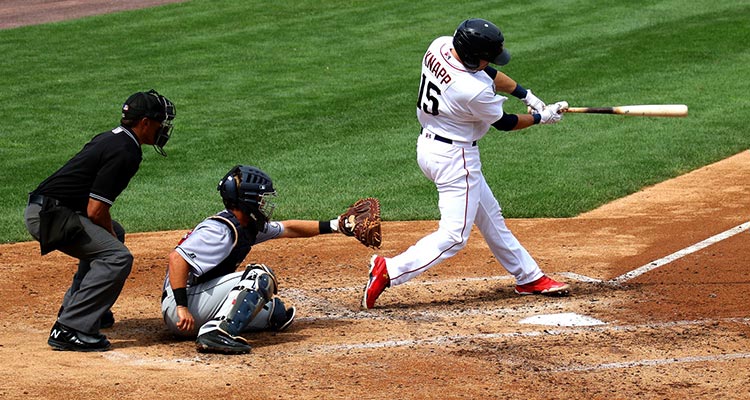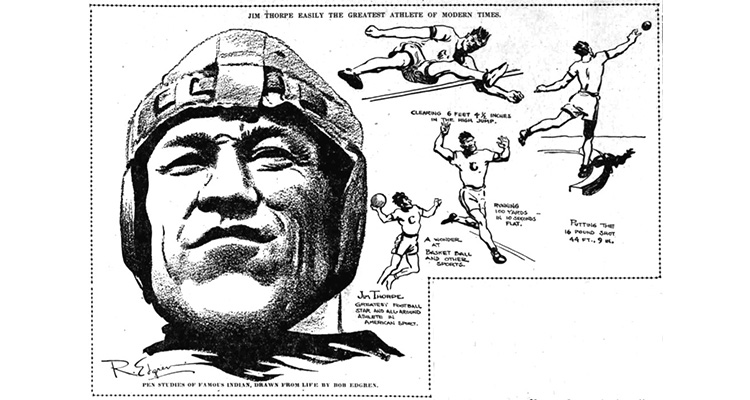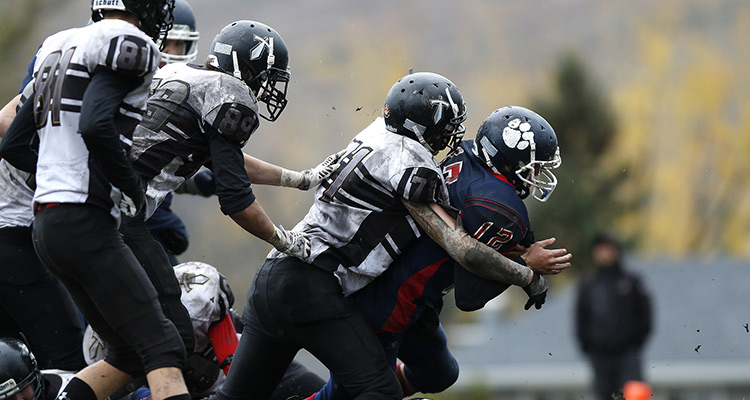

At dothegap we are firm supporters of sport as a source of learning: we’ve previously discussed everything it can teach us as well as its benefits when its values are applied to other practices. Here, we’d like to place an emphasis on sport!
In this new post we’d like to highlight the value of sport for any athlete who practices or gets to know a discipline different from their own. If you’re interested in finding out more, read on!
Exchange between sports disciplines, a chance to continue learning
To understand the benefits you can get from interdisciplinary sports exchanges, first you should keep in mind that most professional athletes or aficionados don’t practice only one sport.
One of the main reasons for this is merely physical: certain sports help work different parts of the body, offering positive results for practicing other sports. In the same way, practicing another sport can serve to maintain one’s fitness with less effort or can make it easier to learn techniques that can be applied in their main practice.

What do we mean by this? A simple example would be the continual training involved in football practice. Another would be swimming, gymnastics, or even certain martial arts.
You can receive physical benefits from all sports, as well as strategies and techniques that can be applied to different sports practices. And on a personal level, this helps adapt your mentality and receive new stimuli. Imagine training for a sport over the course of several years and doing so in the same repeated way, focusing only on one practice.
The drive and love for sports by athletes in general, has helped them reach professional competitions in various disciplines. Do you know any? Here are three great examples:
– Jim Thorpe was a pioneer of sports that began in the 20th century, able to win gold medals in the Olympics, in the pentathlon and decathlon, and he competed professionally in American football, baseball and basketball.
– Bo Jackson is an athlete with unbeatable success: having an All-Star in two disciplines. He was both an American football and baseball star. There’s no doubt that both him and Thorpe took advantage of what they learned in each sport and applied it towards their successes.
– Carlota Castrejana is a prime example of a versatile athlete in Spain. Why? She is the only Spanish athlete that’s competed in the Olympics in two modalities: first, as part of the Olympic basketball team in Barcelona in 1992 (they got 5th place!) and then as a triple jump athlete in Athens, Sidney and Pekin. Moreover, she competed in the high and long jump.

There’s a lot we can learn from these three athletes! Carlota Castrejana shows consistency: after athletics she took her career in a new direction as a basketball player, competing in the US from 2010 – 2011.
Aside from her talent, we bet she was motivated by forming part of a team. Something anyone who practices sports alone should learn, is that sports are never really played alone: trainers and teammates are part of the success.
That’s why, one of the fundamental benefits of exchanges between sports disciplines is to practice a sport collectively, especially when you tend to practice alone. The same can be applied to value the importance of your fellow teammates.

Nonetheless, as we said in the beginning, all disciplines have lessons that can be applied across distinct practices. These lessons can be applied on a human level even, as the experience of getting to know new people you share a mutual passion (sport) can be very enriching, but focused on a discipline you’re not familiar with. It also helps to provide you with a new perspective and motivation!
We could go on because there are so many benefits, but at dothegap, we’d love to hear from you and what you think. That’s why, if you’re part of a sports centre or association, why not propose an interdisciplinary sports exchange? If you want to meet other athletes, sports clubs and associations to exchange with, sign up at dothegap and explain your exchange idea!




